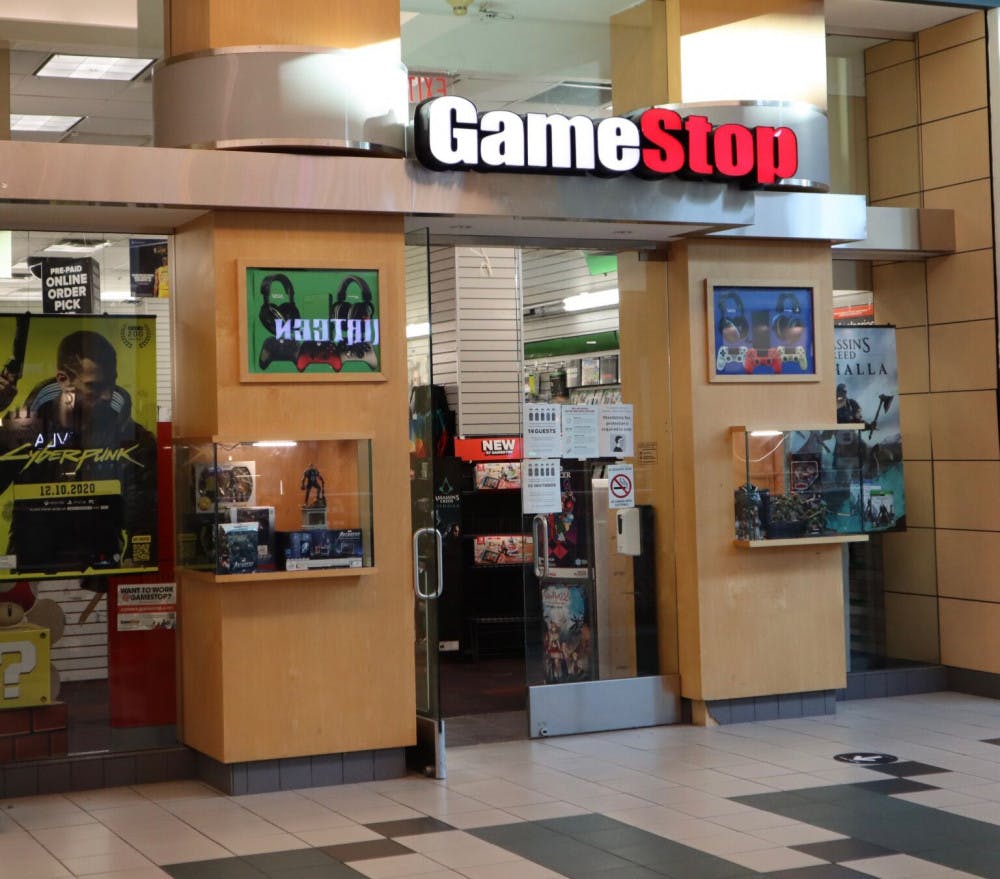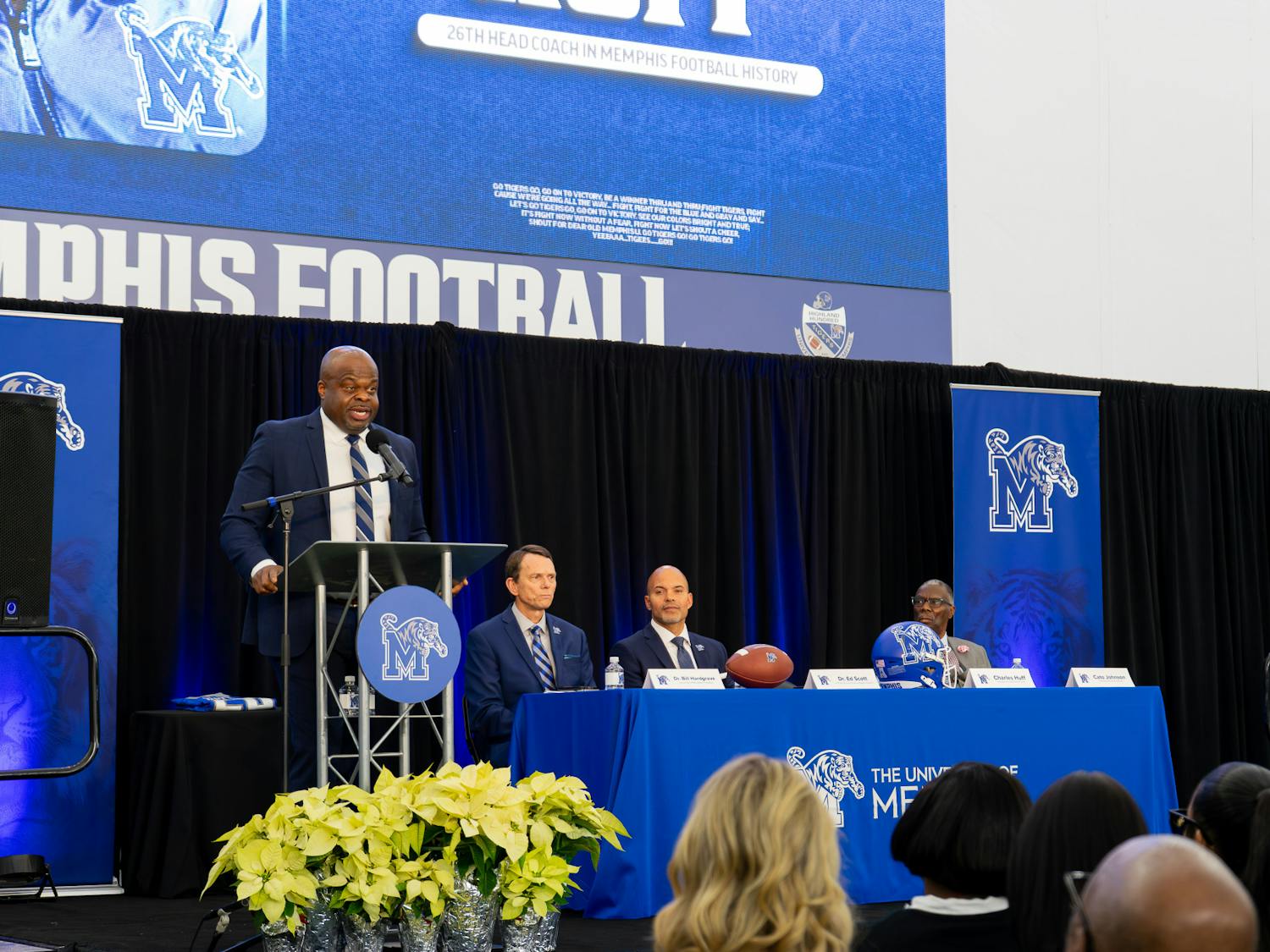The financial world was brought to its knees last week, with what some market watchers are calling a David vs. Goliath upset on Wall Street, thanks to ripe market conditions, GameStop and the subreddit r/wallstreetbets.
In the week spanning Jan. 20 to Jan. 27, GameStop, a US retailer known mostly for selling video game merchandise and other electronics, saw its stock value surge from under $36 per share to a whopping $347.51 per share. After a volatile day that included brokers placing new trading limits on the company, GameStop’s stock closed on Jan. 28 at $193.60 per share.
As a result of GameStop’s unfathomable stock value increase, Melvin Capital Management LP, a multi-billion-dollar hedge fund based in New York City, was forced to accept a $2.75 billion lifeline from two of its own investors. The news left Wall Street stunned until a group of broker-dealers, including the app Robinhood which initially branded itself as a place where the everyday person could engage in the financial markets, limited trading on GameStop.
Last week’s market volatility would not have been possible without Reddit, a social news aggregate and discussion website, specifically its r/wallstreetbets sub-thread (WSB). Described by some as a gang of internet trolls fixated only on disrupting markets, WSB was able to successfully short-squeeze GameStop’s stock in a matter of weeks. A “short-squeeze” is the term used to refer to a rapid increase in a particular stock’s price due not to fundamentals – such as the overall health of a business – but technical factors, in this case a highly aggressive subreddit that describes its own community as “like 4chan found a Bloomberg terminal illness.”
Known to traders as “nostalgia stock,” GameStop didn’t earn the favor of WSB randomly. In a long-standing market practice where large hedge funds short-sell against unfavorable companies by borrowing and selling their stock, the hedge funds then bet on the stock they recently sold to decrease in value – allowing them to repurchase it for less – before returning it to the initial broker for a profit. WSB seems to have an affinity for these nostalgia stock companies and, when they saw that Melvin Capitol was spending large sums of money to bet against GameStop, the online community focused its attention on buying shares of the company.
The small-time traders, who comprise most of WSB, frequently use trading apps like Robinhood, which were created as a way of allowing anyone anywhere to buy and trade stocks. In a recently resurfaced post from March 23, 2016, Robinhood tweeted: “Let the people trade.” Now, the app faces online backlash for their decision to limit trading on GameStop, which seems counterintuitive to those who believed their pledge to serve everyday traders.
After growing cries from nearly everyone, including angry Reddit traders and Tesla Inc. CEO Elon Musk, Robinhood has been slowly easing restrictions on certain stocks including GameStop and AMC Entertainment – both stocks it had halted trading on Thursday, Jan. 28. A post on Robinhood’s blog from last week labeled its decision to halt trading on certain stocks as a “risk-management decision,” and “not made on the direction of the market makers we route to.”
Robinhood cited “SEC net capital obligations and clearing house deposits” as the reasons for the controversial decision. Essentially, the Wall Street clearinghouses used by Robinhood require daily deposits from brokers to ensure trading. In the midst of last week’s turmoil, the National Securities Clearing Corp. (NSCC) requested a $3 billion deposit from Robinhood, which it was initially not able to fulfil.
On Monday, Feb. 1, Robinhood allowed trading on GME up to 20 shares. Robinhood CEO Vlad Tenev has maintained that regulatory conditions were the only reasons trading has been halted and limited. “We’ve seen a new generation of people come into the markets,” the blogpost reads, “sparking conversations about what it means to be an investor. Our customers have shown the world that investing is for everyone – not just institutional investors and hedge funds.”
University of Memphis civil-engineering student Jackson Williams is one of those investors. Williams has been trading stocks for eight months, and he claims to have made 300% gains on his initial investments. Williams said last week he was one of many who turned a profit from selling GameStop stock (GME). “I put $1,500 in at $80 per share that morning and sold all of it at $150 per share that afternoon.” Williams claims to have made somewhere between $2,700 and $2,800 from GME that day.
“Times are changing,” Williams said, “and people realize how powerful the market is. My brother is only 10 and he has started now.”
Perhaps the most surprising aspect of this developing story is the fact that it has seemingly – at least for a time – united ideologies on both sides of the US political spectrum. In reference to Robinhood’s decision to halt trading on GameStop’s stock, Rep. Alexandria Ocasio-Cortez (D-N.Y.) tweeted, “This is unacceptable. We now need to know more about @RobinhoodApp’s decision to block retail investors from purchasing stock while hedge funds are freely able to trade stock as they see fit.”
In response, Sen. Ted Cruz (R-Texas) retweeted Ocasio-Cortez saying, “Fully Agree.” The congresswoman and senator have sparred openly on twitter in the past, and Ocasio-Cortez was seemingly not ready to accept help from Cruz after what she contends was his role in the riot and attack on the US Capitol on Jan. 6. Still, at a time of strong political strife, bipartisanship
agreement is notable. In recent months both Democrats and Republicans have rallied around the criticism of “Big Tech,” with Democrats calling for stricter anti-trust laws and Republicans drawing attention to what they say is an unfair censorship of conservative voices.
Other companies, typically brick and mortar stores that many left for dead years ago, are seeing a surge in their stock price, thanks to the nostalgia stock boom, including AMC Theatres, Blockbuster and Bed Bath & Beyond.
In the public forum, politicians have called for actions to be taken against trading apps who have become gatekeepers of the market trading scene over the last few days. As more elected officials and industry leaders call for fair action on behalf of trading apps like Robinhood, online communities seem in place to continue to disrupt the market and make lasting changes for Wall Street giants.
GameStop, a nostalgic company for most college-aged students, has seen the value of their stock skyrocket over the past week.






